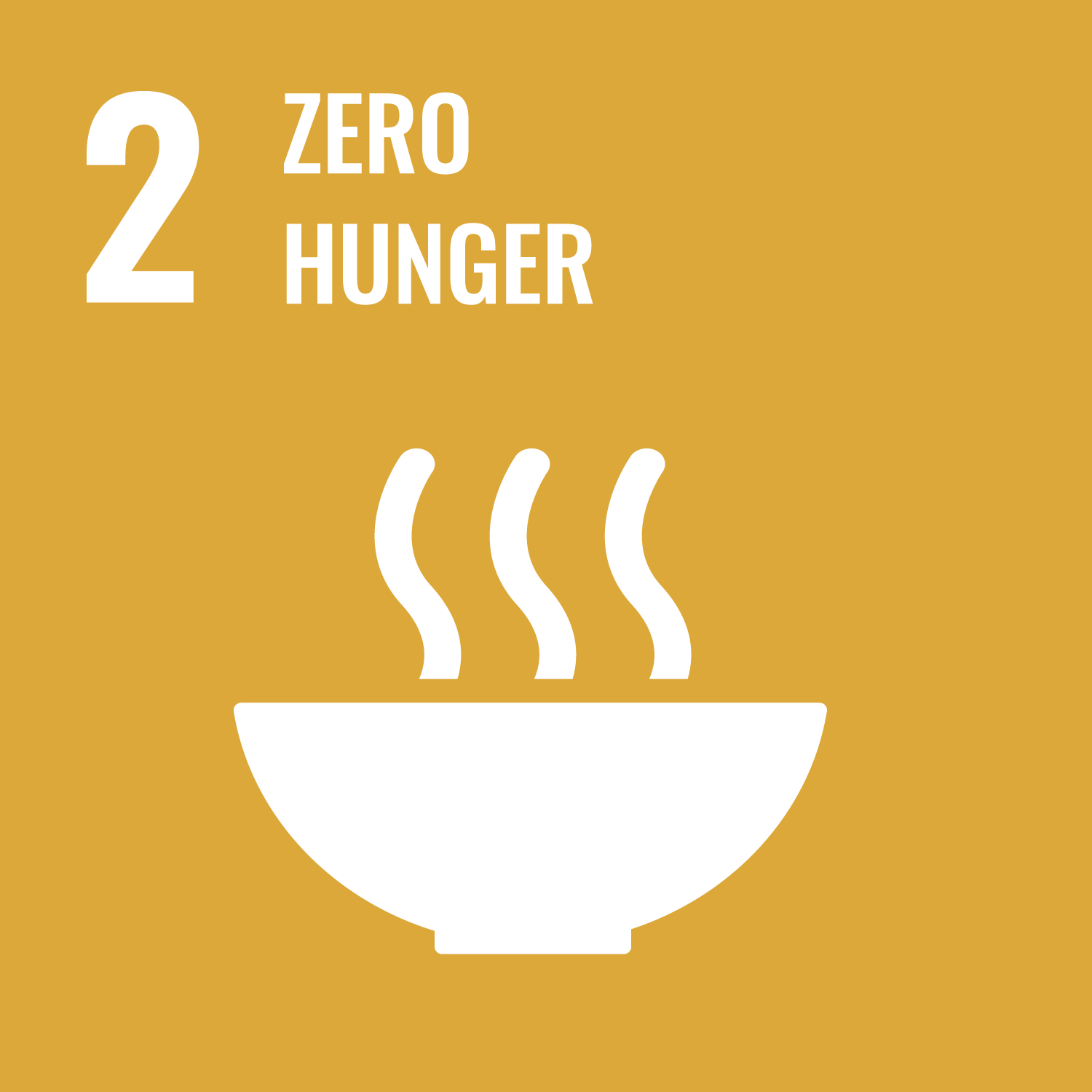Advocacy and Education on Waste Management
Challenges
Waste management interventions are often hampered by lack of awareness and limited knowledge on resource recovery technologies, poly tools and financial mechanisms. The ability to appropriately and sustainably manage municipal solid waste rests on well-developed and well-build capacity for city officials and other waste management practicioners, as well as environmentally conscious citizens. Therefore, UN-Habitat is developing tools that help increase the knowledge of city officials, and sensitize citizens on their responsibilities.
Towards a Solution
In order to develop the capacity of all waste management practitioners, and to offer the general public and schools effective and sufficient waste education, UN-Habitat is engaging its beneficiaries with the three different approaches, stated below. These activities are carried out under the African Clean Cities Platform (ACCP) and the Waste Wise Cities Campaign (WWCC).
1. Waste Academy:
Target: City government officials and practitioners related to ACCP and WWCC networks.
Academy participants are offered tailored courses and learning materials, and can also join a Discussion Forum in order to address questions and other issues. The Forums are facilitated by moderators communicating with course participants. Issues faced by member cities are addressed by network and experts from UN-habitat. Through the Academy, member cities also receive assistance for developing project proposals from UN-Habitat, including facilitation of project financing of feasible projects. The main goal of the Academy is to build the capacity of waste management practitioners so they are better equipped make informed decisions and implement interventions for improving waste management in and shifting towards the circular economy.
2. Awareness Toolkit and Guide:
Target: City authorities and community residents.
The toolkit is a community education and awareness strategy designed by UN-Habitat to promote behavioural change at community level and transform habits and perceptions about waste as a resource. The goal is to foster behavioural change at the community level to achieve sustainable resource and solid waste management.
3. School Programme:
Target: Teachers and students of pre-primary and primary schools as well as higher education entities within the ACCP and WWCC networks.
Children should acquire appropriate literacy and education on the waste management since childhood, so they can start practicing appropriate waste and resource management in their daily lives. In order to encourage regular waste education activities at school, UN-Habitat has developed the Waste Wise School Toolkits, which includes 5Rs education guidelines, among other materials. Additionally, the programme identifies innovative educational programmes and publicizes them through the WWCC website and through our partner entities. Regional trainings and workshops are also organised, in collaboration with regional associations or Ministries of Education, in order to mainstream the School Programme and incorporate it their strategy. Other programme activities were carried out at schools by youth groups such YPG, JICA volunteers and relevant organisations.
Contact Information
Andre Dzikus, Chief, Urban Basic Services Section, UN-Habitat
Countries involved
Global
Implementing Entities
Member cities and countries of the two initiatives (African Clean Cities Platform and Waste Wise Cities Campaign) as well as its affiliates
Project Status
Ongoing
Project Period
1/2018 - 12/2030
URL of the practice
www.unhabitat.org/waste-wise-cities-campaign, https://africancleancities.org/index.htmlPrimary SDG
11 - Sustainable Cities and Communities
Secondary SDGs
12 - Responsible Consumption and Production
Similar Solutions







